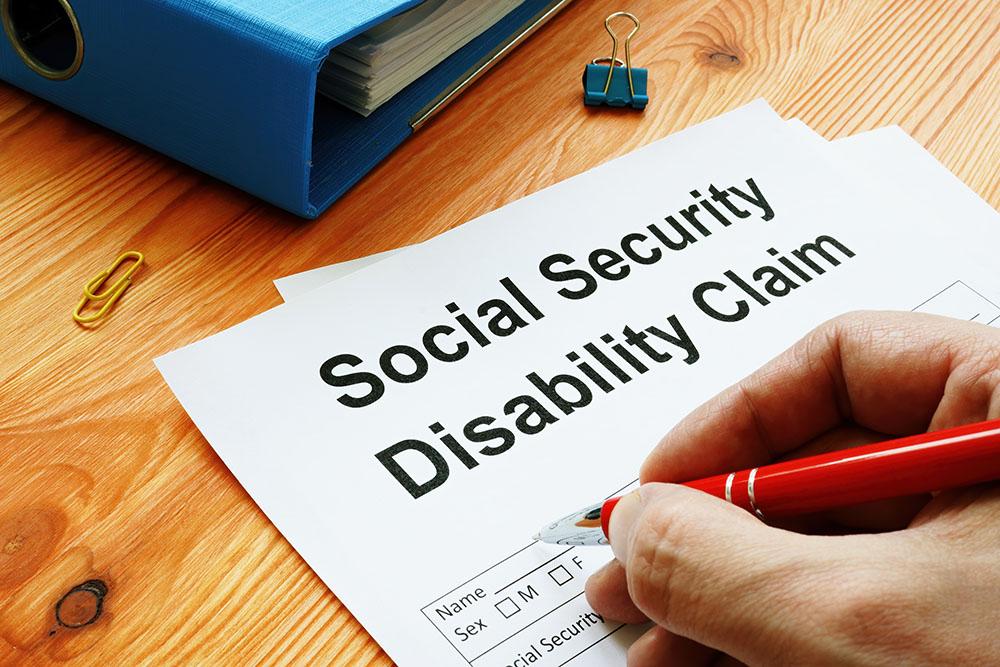Stevens-Johnson Syndrome (SJS) is a rare and life-threatening skin reaction that can lead to serious complications, long-term health issues, and emotional trauma for affected individuals. Patients with SJS face unique challenges and may suffer from negligent medical care, inadequate information, or exposure to dangerous healthcare products. Knowing the legal rights and options of these individuals is paramount in their pursuit of justice and compensation for their suffering. In our comprehensive article, we will explore the essential rights for those affected by SJS and how they can seek legal representation to defend these rights and seek justice.
Understanding the patient’s rights and the crucial factors in SJS cases can help victims navigate the complexities of the legal system. This article will delve into the intricacies of medical negligence, product liability, and compensation claims, ensuring patients are well-equipped to face the complexities of a Stevens-Johnson Syndrome lawsuit.
Legal Basis for SJS Claims
Patients affected by Stevens-Johnson Syndrome (SJS) often experience physical and emotional trauma, as well as financial burdens due to medical expenses and lost wages. In many cases, they can seek legal action to obtain compensation for their suffering. The legal basis for SJS claims typically falls under one or more of the following categories:
1. Medical Negligence: This is when a healthcare professional’s actions or omissions deviate from the accepted standard of care, causing harm to the patient.
2. Product Liability: If a product, such as medication, is found to be defective or if the manufacturer fails to provide adequate warnings, the company can be held liable for injuries resulting from the product’s use.
3. Failure to Warn: In addition to product manufacturers, healthcare professionals are responsible for providing appropriate warnings and information about the potential risks of medications or treatment options.
Understanding Negligence in SJS Cases
To establish negligence in an SJS case, the following elements must be proven:
1. Duty of Care: The healthcare professional owes the patient a duty to provide adequate care, adhering to generally accepted medical standards.
2. Breach of Duty: The healthcare provider failed to meet the duty of care.
3. Causation: The breach of duty directly caused the development of Stevens-Johnson Syndrome.
4. Damages: The patient incurred damages such as physical injuries, mental anguish, or financial losses as a result of the condition.
Potential sources of negligence in SJS cases include:
1. Incorrect Diagnosis: Healthcare providers may fail to diagnose SJS promptly, leading to delayed treatment and more severe outcomes.
2. Improper Medication: Prescribing or administering the wrong medication, dosage, or method of delivery can potentially result in SJS.
3. Inadequate Monitoring and Management: Negligence can occur when healthcare providers fail to monitor and respond to changes in a patient’s condition or symptoms adequately.
Product Liability and Informed Consent
Patients with SJS may have rights to pursue legal action against medication manufacturers if medication-related factors contributed to their condition. There are three primary types of product liability claims:
1. Manufacturing Defects: These occur when a medication becomes dangerous or harmful due to errors in the manufacturing process.
2. Design Defects: When a medication is inherently dangerous despite proper manufacturing, the product may be considered defective by design.
3. Failure to Warn/Inadequate Warnings: Manufacturers have a responsibility to provide clear, accurate information regarding potential side effects and risks linked to their products. Failing to do so can result in product liability claims.
Additionally, in situations involving inadequate warnings, informed consent plays a crucial role. Healthcare providers must ensure that patients are fully aware of the potential risks and side effects associated with a medication or treatment option. If a patient suffers from SJS and was not adequately informed about possible dangers, the treating physician may bear liability for the patient’s injuries.
Compensation for SJS Victims
SJS patients seeking legal representation may be entitled to various forms of compensation, which may include:
1. Economic Damages: These damages cover financial losses experienced as a result of the condition, including medical expenses, lost wages, future medical costs, and rehabilitation expenses.
2. Non-economic Damages: These damages address the emotional, mental, and physical suffering endured by the patient, including pain and suffering, mental anguish, and loss of enjoyment of life.
3. Punitive Damages: Although rare, punitive damages may be awarded in cases involving particularly egregious conduct on the part of a healthcare professional or product manufacturer.
Navigating the Legal Process
The path to compensation and justice for SJS patients can be complex and challenging. Here are some crucial steps for navigating the legal process:
1. Seek Legal Representation: Choosing a knowledgeable personal injury attorney with experience in SJS cases is essential, as they can provide guidance and support throughout the legal journey.
2. Investigate the Case: Thorough investigation and gathering of evidence, including medical records, witness testimonies, and expert analysis, can help determine the viability of a claim and build a strong case.
3. Negotiate a Settlement: Personal injury lawyers may negotiate with insurance companies and other parties to achieve a fair and adequate settlement without the need for a trial.
4. Litigate the Case: If negotiations fail, pursuing the case in court may be necessary. Attorney representation is crucial at this stage, as they can present evidence, call expert witnesses, and advocate for the patient’s rights during trial proceedings.
Statute of Limitations
It is crucial for SJS patients to be aware of the applicable statutes of limitations, which determine the time frame within which they can file a claim. These statutes vary by state and may depend on the type of claim, such as medical malpractice or product liability. Consulting an experienced personal injury lawyer can ensure that patients file their claims promptly and within the legally mandated time limits.
Achieving Justice for SJS Patients
Understanding and advocating for the legal rights of patients with Stevens-Johnson Syndrome is vital for their pursuit of justice and fair compensation. From analyzing negligence and product liability to navigating the legal process, victims and their loved ones should choose legal representation with in-depth knowledge and expertise in SJS cases.
At Greg Jones Law, P.A., we are committed to providing compassionate, experienced, and dedicated legal representation for individuals affected by SJS. Our team understands the unique complexities of these cases and will work tirelessly to achieve the best possible outcome for our clients. If you or someone you know has suffered from Stevens-Johnson Syndrome, contact us today for a free consultation. Together, we can navigate the challenges of SJS litigation and help you secure the compensation and justice you deserve.




